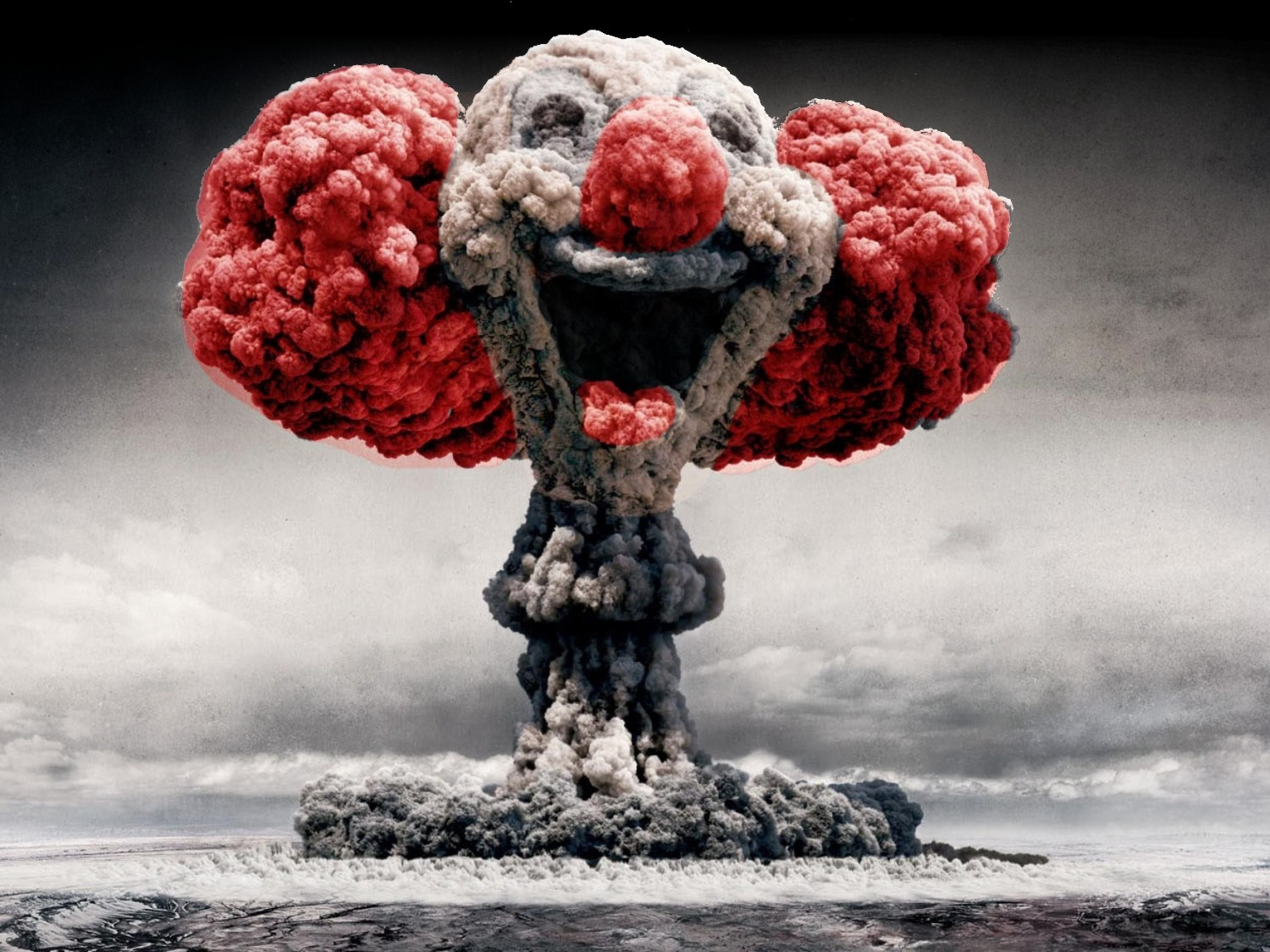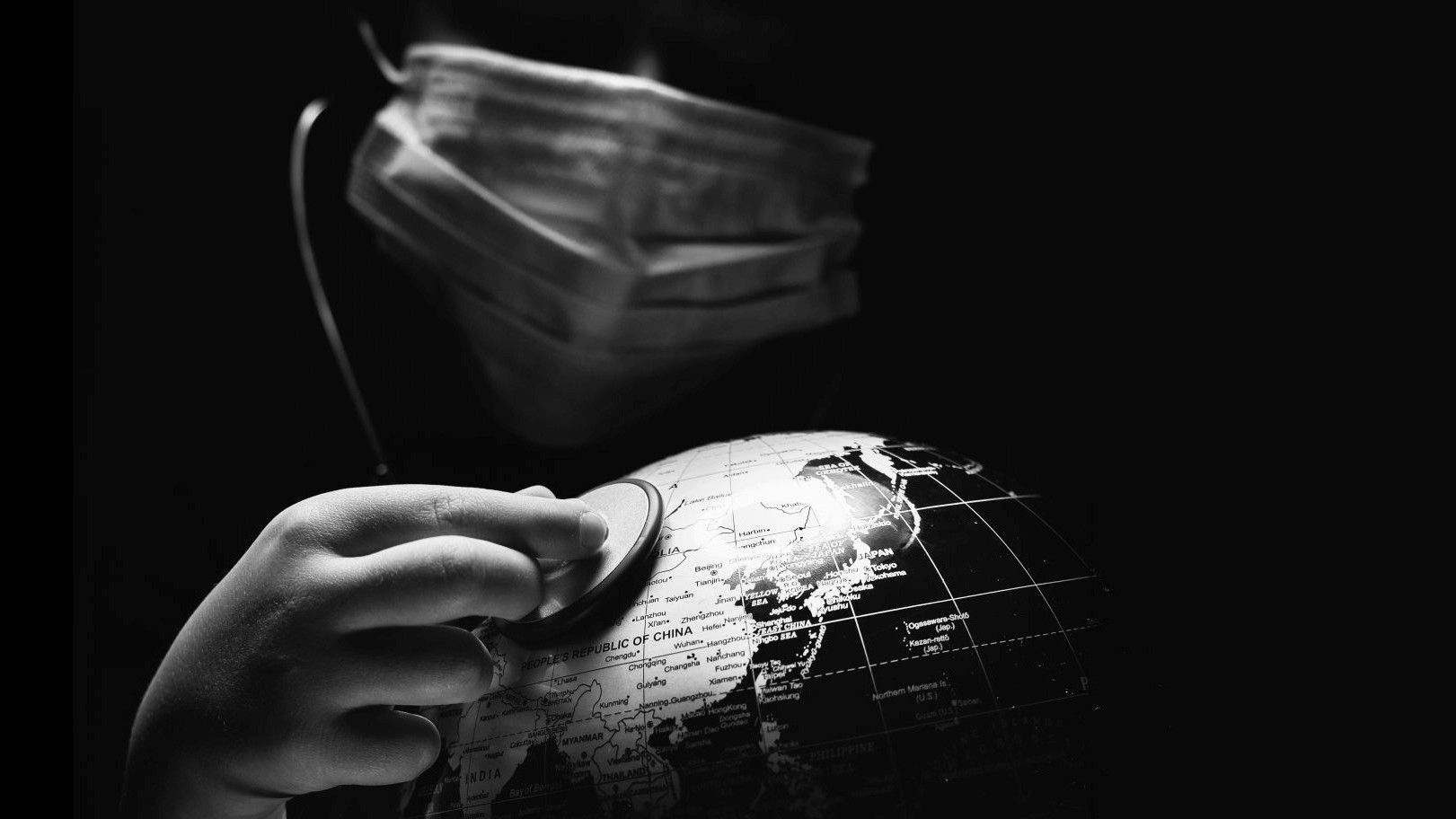IndoctriNATION
Mass mind control

Gustave Le Bon - The Crowd: A study of the popular mind
All the world's masters, all the founders of religions or empires, the apostles of all beliefs, eminent statesmen, and, in a more modest sphere, the mere chiefs of small groups of men have always been unconscious psychologists, possessed of an instinctive and often very sure knowledge of the character of crowds, and it is their accurate knowledge of this character that has enabled them to so easily establish their mastery. ... To know the art of impressing the imagination of crowds is to know at the same time the art of governing them.
One of those propaganda masters was Joseph Goebbels who once said:The point of a political speech is to persuade people of what we think right.** George Orwell wrote:Political language ... is designed to make lies sound truthful and murder respectable, and to give an appearance of solidity to pure wind.** Edward Bernays was the propaganda guru of the Anglo-American Empire. He is nicknamed the "father of spin and public relations". Public relations is another form of propaganda*, a form of communication aimed towards influencing the attitude of the community toward some cause or position by for example presenting only one side of an argument or by repeating a message over and over again. Bernays wrote the following in his book Propaganda...
Edward Bernays - Propaganda
The American business community was also very impressed with the propaganda effort. They had a problem at that time. The country was becoming formally more democratic. A lot more people were able to vote and that sort of thing. The country was becoming wealthier and more people could participate and a lot of new immigrants were coming in, and so on. So what do you do? It's going to be harder to run things as a private club. Therefore, obviously, you have to control what people think. ... The conscious and intelligent manipulation of the organized habits and opinions of the masses is an important element in democratic society. Those who manipulate this unseen mechanism of society constitute an invisible government which is the true ruling power of our country. We are governed, our minds are molded, our tastes formed, our ideas suggested, largely by men we have never heard of. ... Propaganda is the executive arm of the invisible government.
Edward Bernays - The Engineering of Consent
The tremendous expansion of communications in the United States has given this Nation the world's most penetrating and effective apparatus for the transmission of ideas. Every resident is constantly exposed to the impact of our vast network of communications which reach every corner of the country, no matter how remote or isolated. Words hammer continually at the eyes and ears of America. ... Knowledge of how to use this enormous amplifying system becomes a matter of primary concern to those who are interested in socially constructive action. ... The engineering of consent is the very essence of the democratic process, the freedom to persuade and suggest.
In 1951 Bertrand Russell wrote:The subject which will be of most importance politically is mass psychology. ... Its importance has been enormously increased by the growth of modern methods of propaganda. Of these the most influential is what is called "education." ... the press, the cinema, and the radio play an increasing part.* In the 21st century these methods of propaganda have become exponentially more powerful, especially with the internet and social media in the palm of everybody's hand.
Weapons of mass deception

David Croteau, William Hoynes - The New Media Giants
Since the mid-1980s, major media companies had been engaged in a feeding frenzy, swallowing up other media firms to form ever-larger conglomerates. ... Growth in the number of media outlets, for example, does not necessarily ensure content that serves the public interest. Centralized corporate ownership of vast media holdings raises the possibility of stifling diverse expression and raises important questions about the powerful role of media in a democratic society.
The power elite know all about the given that
freedom of the press is guaranteed only to those who own one** and they enacted laws like the Telecommunications Act of 1996 which undo regulations like media cross ownership rules which were installed for the best interest of the people. This led to more and more powerful media monopolies. Practically all mainstream and state media are now owned and controlled by a handful of very influential people.
Andrea Prat - Can we measure media power?
By choosing what to report and how to report it, a media company can affect the views of its users and hence their voting decisions. This is not just a theoretical possibility.*
Who controls the media controls the beliefs and ideas of the sheeple. The media have a strong effect on people's worldview and they are important in the formation of public opinion. People today are the most media-saturated and media-engaged in history. In 1992 it was reported that Americans create 57% of the world's advertising while representing only 6% of its population. In 2001 Edward S. Herman wrote:The United States is not only number one in military power but also in the effectiveness of its propaganda system, which is vastly superior to any past or present state-managed system.* Basically all the news is created and dispersed through news agencies Reuters, AP, AFP and UPI which are owned by a handful of elite. That news is then copied and dispersed by so-called "journalists" through all the known media stations owned and controlled by the same elite. Already in 1883 journalist John Swinton said:There is no such a thing in America as an independent press, unless it is out in country towns. ... We are the tools and vassals of rich men behind the scenes. ... We are intellectual prostitutes.* The 21st century saw the boom of internet and social media.
Weapons of mass distraction

Gustave Le Bon - The Crowd: A study of the popular mind
It is only by obtaining some sort of insight into the psychology of crowds that it can be understood how slight is the action upon them of laws and institutions, how powerless they are to hold any opinions other than those which are imposed on them, and that it is not with rules based on theories of pure equity that they are to be led, but by seeking what produces an impression on them and what seduces them. ... Bread and spectacular shows constituted for the plebeians of ancient Rome the ideal of happiness, and they asked for nothing more.
Aldous Huxley - Brave New World Revisited
Does a majority of the population think it worth while to ... reverse the current drift toward totalitarian control of everything? In the United States ... recent public opinion polls have revealed that an actual majority of young people in their teens, the voters of tomorrow, have no faith in democratic institutions, see no objection to the censorship of unpopular ideas, do not believe that government of the people by the people is possible and would be perfectly content, if they can continue to live in the style to which the boom has accustomed them, to be ruled, from above, by an oligarchy of assorted experts. That so many of the well-fed young television-watchers in the world’s most powerful democracy should be so completely indifferent to the idea of self-government, so blankly uninterested in freedom of thought and the right to dissent, is distressing, but not too surprising. ... If the bread is supplied regularly and copiously three times a day, many of them will be perfectly content to live by bread alone — or at least by bread and circuses alone.
It's as if Le Bon's and Huxley's words are even more applicable today then they were when spoken. These words are timeless, it has always been this way. The term "bread and circuses" contends that the power elite generate public approval, not by excellence in public service or public policy, but by diversion, distraction or by satisfying the most immediate or base requirements of a populace. It originates from the Roman Empire and is as relevant today as it ever was. The idea likely existed already in the Greek Empire with for example the Olympics. The massive entertainment industry of today easily makes the Roman or Greek "bread and circuses" look like peanuts. We now literally live in the Age of Entertainment*.
Fear as a political tool

Edmund Burke - A Philosophical Enquiry into the Origin of Our Ideas of the Sublime and Beautiful
No passion so effectually robs the mind of all its powers of acting and reasoning as fear.
William Sargant - Battle for the Mind: A Physiology of Conversion and Brainwashing
Various types of belief can be implanted in many people, after brain function has been sufficiently disturbed by accidentally or deliberately induced fear, anger or excitement. Of the results caused by such disturbances, the most common one is temporarily impaired judgment and heightened suggestibility. Its various group manifestations are sometimes classed under the heading of herd instinct,' and appear most spectacularly in wartime, during severe epidemics, and in all similar periods of common danger, which increase anxiety and so individual and mass suggestibility.
Culture of fear is the concept that powerful people may incite fear in the general public to achieve political goals through emotional bias. Fear makes the sheeple more susceptible to the ideas and solutions of the power elite which usually result in power shifts from people to power elite. Fear is a very powerful political tool.* A good recent example is COVID-1984.
Who controls the past...
George Orwell - 1984
Who controls the past controls the future. Who controls the present controls the past.
Gustave Le Bon - The Crowd: A study of the popular mind
The power of conquerors and the strength of States is based on the popular imagination. It is more particularly by working upon this imagination that crowds are led. All great historical facts, the rise of Buddhism, of Christianity, of Islamism, the Reformation, the French Revolution, and, in our own time, the threatening invasion of Socialism are the direct or indirect consequences of strong impressions produced on the imagination of the crowd.
Jan Marinus Wiersma - Socialist Group in the European Parliament - Politics of the Past: The Use and Abuse of History
Most professional historians agree that objective interpretations of historical facts are not possible. Facts as such mean nothing. Historians select them and create the framework within which they get meaning. They look at the past from their own perspective, different from that of their predecessors and successors. Historians are not neutral and are influenced by their contemporary societies.
History is written by the victors. Michel Foucault posits that the victors of a social struggle use their political dominance to suppress a defeated adversary's version of historical events in favor of their own propaganda, which may go so far as historical negationism*. The sheeple are largely unaware of this evidenced by the given that they largely believe the history as it is presented to them by the power elite since primary school. For example Professor of history Peter Kuznick mentions Three False Myths Americans Believe ** about for example Pearl Harbor, World War II and Hiroshima & Nagasaki.

